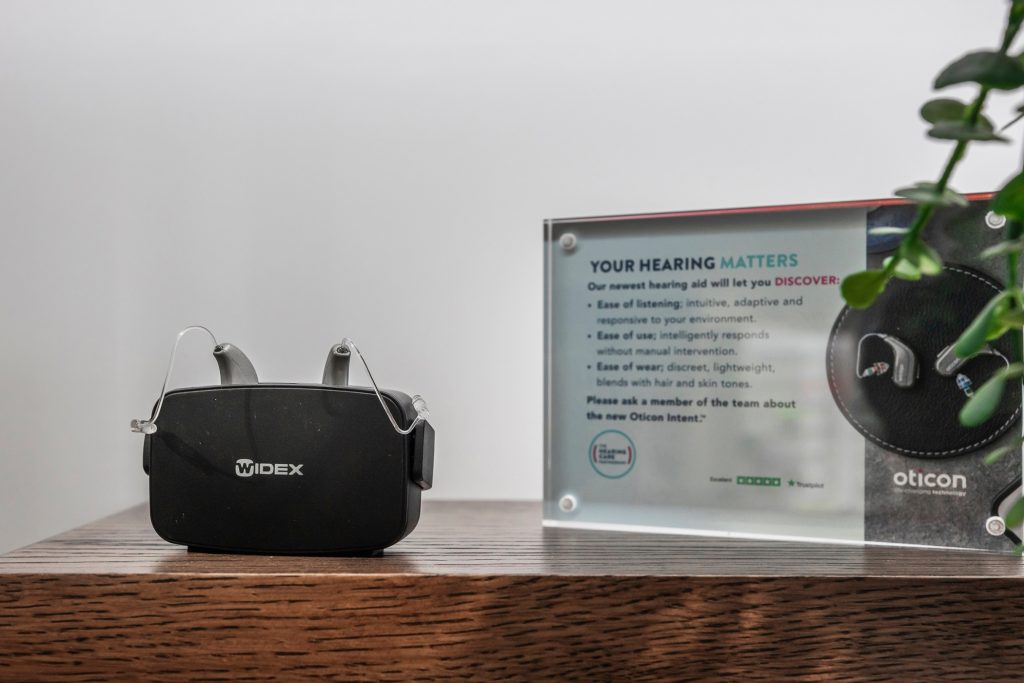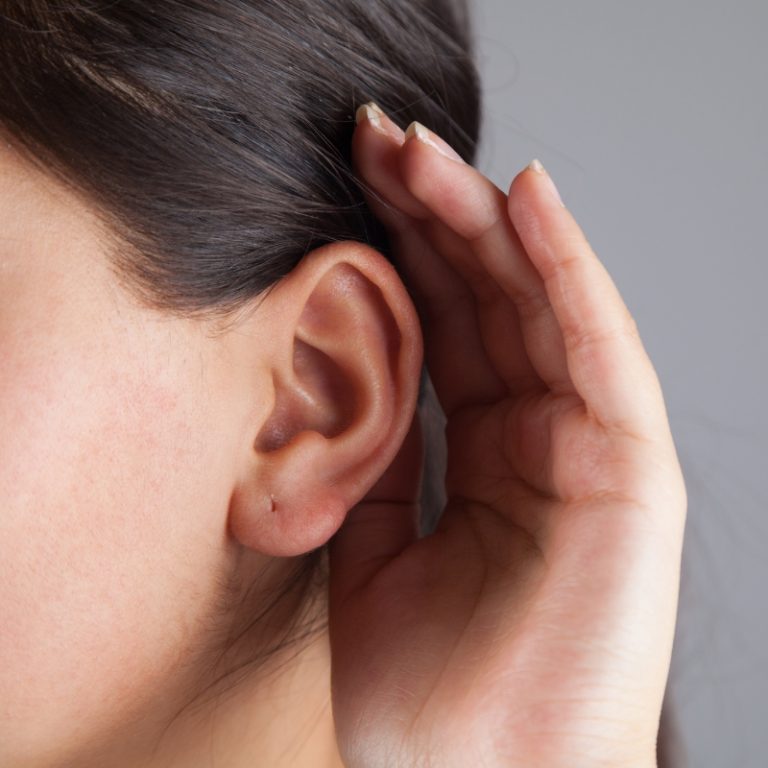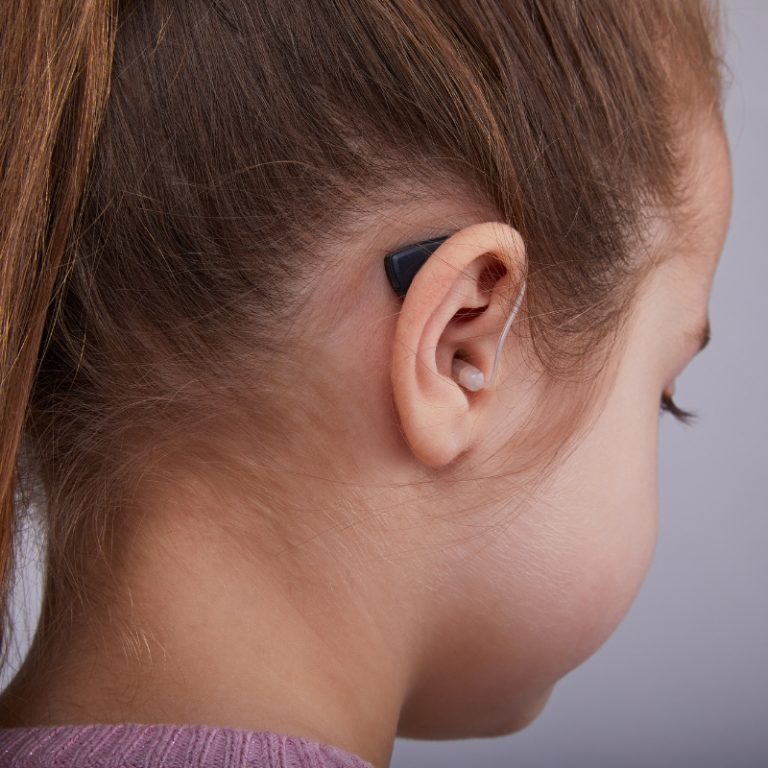Treating hearing loss in children
Hearing loss in children can be caused by many things including obstruction of the ear canal, excess earwax, and a condition called glue ear, or they can have it from birth. Early detection of hearing loss in children is essential as it can have a large impact on their language and social development. Speech therapy, hearing aids, and cochlear implants are all suitable options you may be offered to help treat or manage their hearing loss.
Treating sudden hearing loss
A sudden hearing loss is a rapid loss of hearing – often in one ear. It can be caused by head trauma, explosions, and viral infections and needs to be treated urgently to help preserve your hearing as much as possible. Some possible treatment options include steroids or hyperbaric oxygen therapy.
If you lose hearing in one or both of your ears suddenly, see your doctor or go to A&E immediately.




